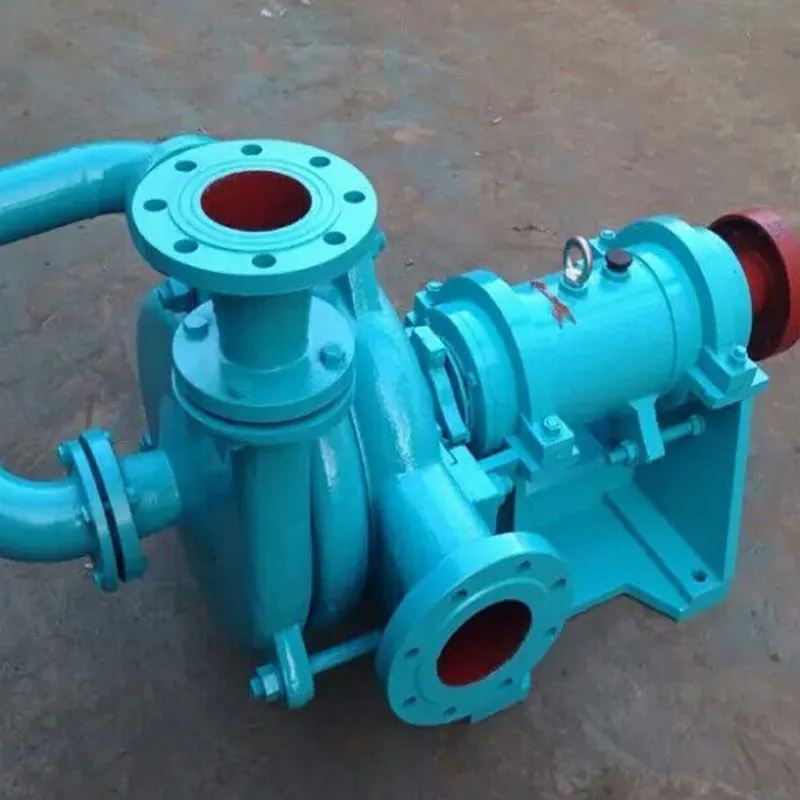English
- Afrikaans
- Albanian
- Amharic
- Arabic
- Armenian
- Azerbaijani
- Basque
- Belarusian
- Bengali
- Bosnian
- Bulgarian
- Catalan
- Cebuano
- Corsican
- Croatian
- Czech
- Danish
- Dutch
- English
- Esperanto
- Estonian
- Finnish
- French
- Frisian
- Galician
- Georgian
- German
- Greek
- Gujarati
- Haitian Creole
- hausa
- hawaiian
- Hebrew
- Hindi
- Miao
- Hungarian
- Icelandic
- igbo
- Indonesian
- irish
- Italian
- Japanese
- Javanese
- Kannada
- kazakh
- Khmer
- Rwandese
- Korean
- Kurdish
- Kyrgyz
- Lao
- Latin
- Latvian
- Lithuanian
- Luxembourgish
- Macedonian
- Malgashi
- Malay
- Malayalam
- Maltese
- Maori
- Marathi
- Mongolian
- Myanmar
- Nepali
- Norwegian
- Norwegian
- Occitan
- Pashto
- Persian
- Polish
- Portuguese
- Punjabi
- Romanian
- Russian
- Samoan
- Scottish Gaelic
- Serbian
- Sesotho
- Shona
- Sindhi
- Sinhala
- Slovak
- Slovenian
- Somali
- Spanish
- Sundanese
- Swahili
- Swedish
- Tagalog
- Tajik
- Tamil
- Tatar
- Telugu
- Thai
- Turkish
- Turkmen
- Ukrainian
- Urdu
- Uighur
- Uzbek
- Vietnamese
- Welsh
- Bantu
- Yiddish
- Yoruba
- Zulu
Telephone: +86 13120555503
Email: frank@cypump.com
Nov . 02, 2024 05:29 Back to list
ejector pumps
Understanding Ejector Pumps Efficient Solutions for Wastewater Management
Ejector pumps play a crucial role in the world of wastewater management and are particularly valuable in scenarios where traditional gravity-based systems are not feasible. These pumps are designed to move wastewater from lower to higher elevations, making them indispensable in various residential, commercial, and industrial applications.
An ejector pump functions by utilizing the principle of suction created by a high-velocity jet of water or fluid. This jet is generated through a nozzle, which causes a drop in pressure within the ejector pump, effectively sucking in surrounding wastewater. After the wastewater is drawn in, it is pushed upwards through a discharge pipe, enabling it to reach the appropriate drainage or treatment systems.
One of the key advantages of ejector pumps is their ability to handle solids and slurries, which can be a challenge for standard pumps. This capability makes them particularly suitable for sewage systems, as they can handle the debris commonly found in wastewater without clogging. Additionally, ejector pumps are often compact and can be installed in locations where space is limited, allowing for efficient and effective wastewater management solutions.
ejector pumps

Despite their benefits, ejector pumps require careful consideration of their design and operational requirements
. Selecting the appropriate size and capacity is essential to ensure optimal performance. Factors such as the volume of wastewater to be moved, the height it needs to be lifted, and the distance it needs to travel are critical in determining the specifications of the ejector pump. Over-sizing or under-sizing can lead to inefficiencies and potential operational issues.Maintenance is also an important aspect of using ejector pumps. Regular inspections and cleaning can prevent the buildup of waste materials and keep the system functioning effectively. It is advisable to establish a maintenance schedule and adhere to it to prolong the life of the pump and avoid costly repairs in the future.
Environmental considerations are becoming increasingly important in wastewater management practices. Ejector pumps are often favored for their energy efficiency, especially when designed with modern technologies. Many models now incorporate features that reduce power consumption while maximizing output, aligning with sustainability goals. By optimizing energy use, ejector pumps can contribute to greener wastewater treatment solutions.
In summary, ejector pumps are a vital component in the management of wastewater, with their ability to handle solids and operate in space-constrained environments. As urban areas expand and the demand for effective wastewater solutions grows, ejector pumps will play an increasingly significant role in ensuring efficient drainage and sanitation. Understanding their functionality, maintenance needs, and environmental impact is essential for anyone involved in wastewater management, making ejector pumps a valuable topic for ongoing discussion and innovation in the field.
-
Horizontal Split Case Pump with GPT-4 Turbo | High Efficiency
NewsAug.01,2025
-
ISG Series Pipeline Pump - Chi Yuan Pumps | High Efficiency, Durable Design
NewsAug.01,2025
-
Advanced Flue Gas Desulfurization Pump with GPT-4 Turbo | Durable & Efficient
NewsJul.31,2025
-
ISG Series Vertical Pipeline Pump - Chi Yuan Pumps | Advanced Hydraulic Design&Durable Construction
NewsJul.31,2025
-
ISG Series Vertical Pipeline Pump - Chi Yuan Pumps | Energy Efficient & Low Noise
NewsJul.31,2025
-
pipeline pump - Chi Yuan Pumps Co., LTD.|High Efficiency&Low Noise
NewsJul.31,2025










